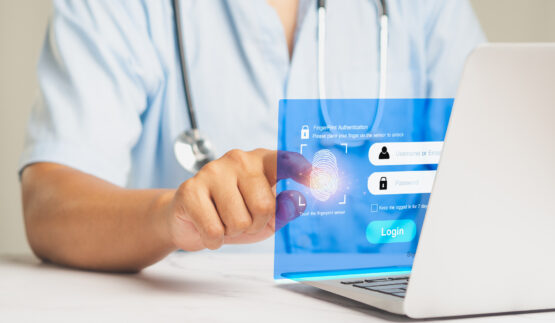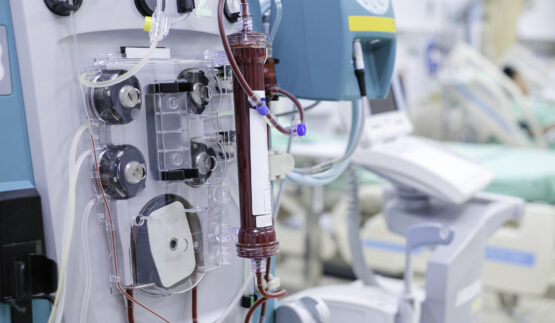
A better way to secure data: Introducing Federated SSO to benefit Hospital IT
Implementing Federated Single Sign-On (SSO) simplifies authentication for MDIP users. This streamlined experience helps reduce login fatigue.

Implementing Federated Single Sign-On (SSO) simplifies authentication for MDIP users. This streamlined experience helps reduce login fatigue.

EDM-enabled data is easier to use across a health system’s ecosystem, whether data is feeding into an EMR, central station, clinical decision support system, or an analytics platform.

An advanced integration program can allow health systems to leverage their medical data further and set the foundation for an AI transformation.

Medical device connectivity: Integrate data across vendors. Empower clinicians to focus on patients, not devices. Learn how to improve care today.

Maximize medical device data potential. Learn why a vendor-neutral approach is key to integration, improving patient outcomes and care.

Secure medical device data: A shared responsibility. Find out how hospitals & manufacturers can team up. Learn vital security practices now.